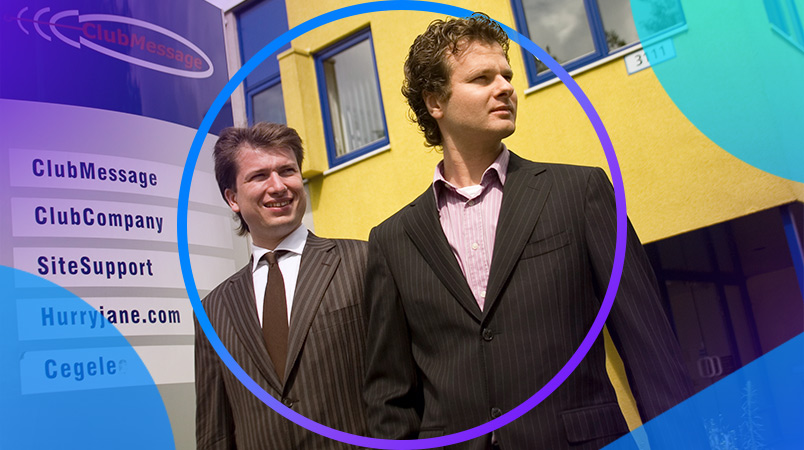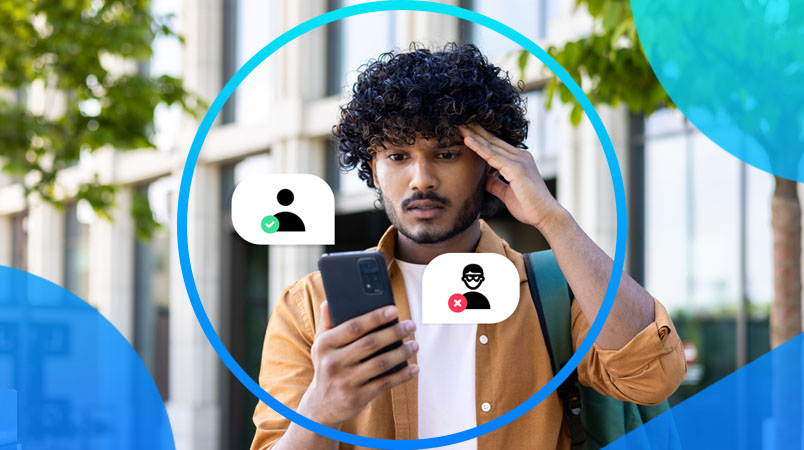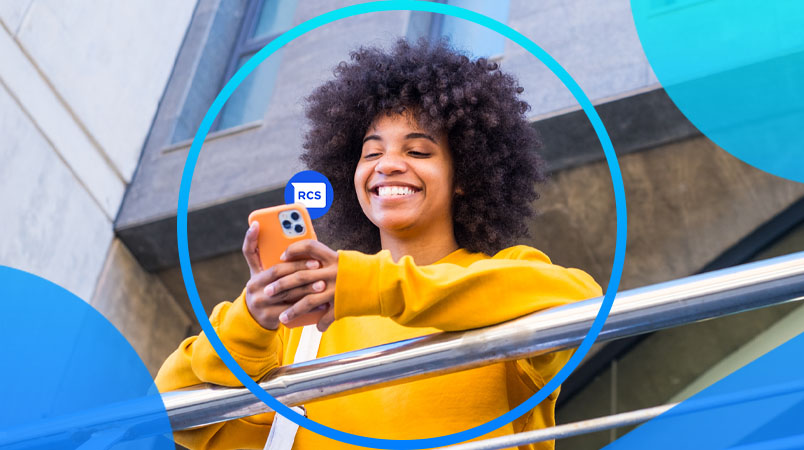In the fast-paced world of marketing, connecting with customers and keeping them engaged has never been more challenging. From the initial touchpoint to nurturing long-term relationships, businesses face numerous obstacles along the way. However, fear not, as we have solutions that can help you not only meet these challenges but also increase Customer Lifetime Value (CLV).
Picture this: you're leaving a bustling club, but all around you, people are tossing aside paper flyers meant to draw them back for the next big night. Jeroen and Gilbert watched countless flyers hit the floor, when they thought, "There’s got to be a better way!". Gilbert sent a simple text to Jeroen: "Will you join me at Highstreet?" That message changed everything.
The WhatsApp Business verification badge, also known as the green tick, is the official badge for Meta verified business accounts. It helps users to distinguish between authentic businesses and fake accounts. Many users place high value on the green tick and brands sporting this badge will see a positive impact on their business. But how can your business apply for the verification badge? Read all about it below.
Cybercrime is on the rise. Criminals attempt to impersonate trusted businesses to extract personal details, login credentials and even banking information from customers. As a result, the trust between customers and businesses is damaged. So, how can you help your customers know which messages are legitimate? RCS Business offers verified sender profiles, helping customers identify official business accounts and engage with businesses with confidence.
RCS (Rich Communication Services) is a rising star among conversational channels. It combines the reliability of SMS with the added benefits of rich media and interactive features from modern messaging apps. Yet, its only hiccup was that RCS didn't have the same reach without support from Apple's iOS. Well, until now, Apple has now confirmed it will support RCS in iOS 18.
As a member of the customer service team, you stand on the frontline of customer interaction every day. In a world where customers demand quick and personalised service, long wait times, impersonal responses, or worse, incorrect answers, can quickly drive a customer away. Your goal, however, is to connect customers with your organisation and deliver the best answers and service possible.
Using SMS for customer service enables service agents to connect with your customers and using templates not only saves time but also lets agents create personalised, on-brand communications with just a few clicks. In this blog, we’ll share SMS customer service templates you can use to give your customers the information they need — fast.
Add SMS to your contact centre to help your agents connect with your customers, tackle more conversations at a time without losing personal touch and gain valuable insights with streamlined feedback surveys to enhance customer satisfaction rates.
The rewards of running immersive events – those that are highly conceptual and bring the attendee behind the curtain – can be exciting. Attendees want to be a part of them, journalists want to write about them, and events teams can’t wait to get creative. But immersive events need to deliver an experience! And not just at the event itself. Because experience-hungry consumers demand that the immersion begins well before the day – with every touchpoint fuelling their anticipation and excitement for what’s to come. One misstep – a rogue SMS or confusing customer journey – and the whole thing falls down. One organiser that has successfully run the high-wire of immersive events is Raptor, a marketing agency who were tasked by Jagermeister to put on a series of multi-city parties for students. Here, we unpick the nuts and bolts of their strategy – and the smart automations that made it all flow seamlessly.
Select a region to show relevant information. This may change the language.








